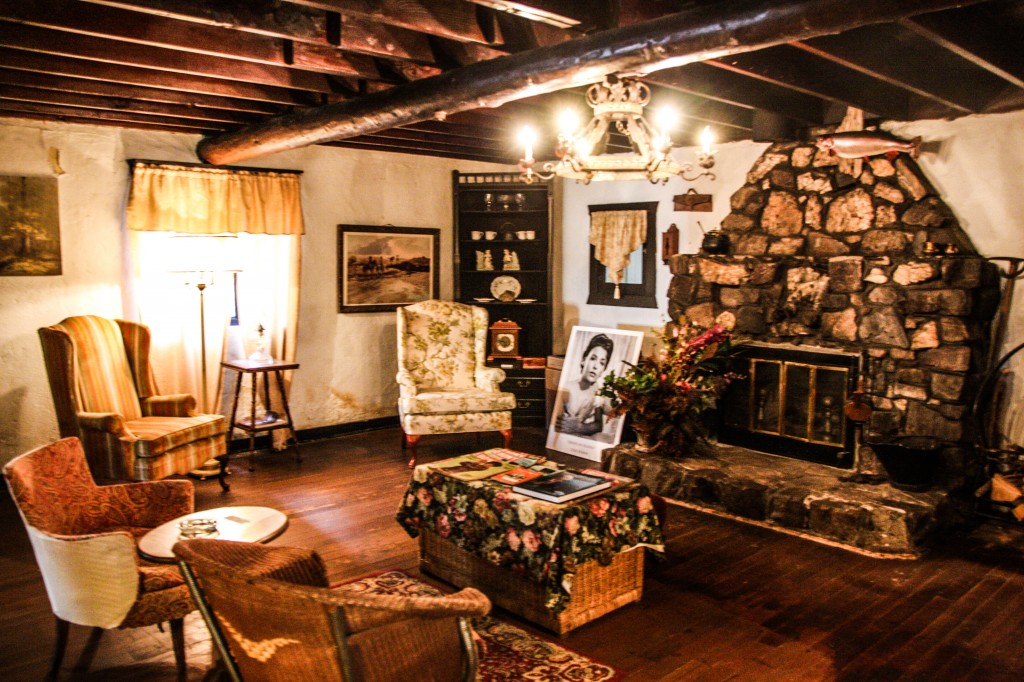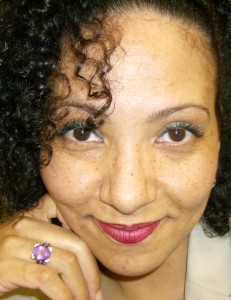 James Edward Mills.
James Edward Mills.
Madison, WI.
Often the guidance we need to create a brighter future can be seen through the fading images of the not-so-distant past. And by coming to a better understanding of where we have been we can set a path toward where we most want to go. Less than an hour’s drive from Downtown Denver, Colorado I discovered a carefully preserved memory of yesterday that has now become a dream of tomorrow.
Founded in 1922 Lincoln Hills is an outdoor recreation facility under the care and administration of African-American entrepreneurs. Originally developed as a vacation spot for the enjoyment of black families looking to escape the often hostile urban environments of cities across the country where they lived, this rural retreat has been a safe haven for people of color for more than three-quarters of a century. Today it is a world-class fly fishing resort with seven miles of trout streams along South Boulder Creek that serve the interests of aspiring anglers. And through a non-profit called Lincoln Hills Cares the current owners also provide opportunities for low-income young people and veterans with disabilities to experience the world outside in a safe and supportive environment. In the hopes of inspiring people from all walks of life to become more thoroughly engaged with nature Lincoln Hills offers up a promising gateway to bring a new generation of enthusiasts into the outdoors.
I had first heard of Lincoln Hills just a few months ago. A documentary film produced in the Rocky Mountain PBS series called Colorado Experience detailed the history of this unique destination. On the invitation of the Colorado Outward Bound School it was my pleasure to be the keynote speaker at their annual Black Tie & Tennis Shoe Gala. An audience of devout outdoor enthusiasts honored me with the opportunity to share with them the story of Expedition Denali as it is detailed in my new book The Adventure Gap: Changing the Face of the Outdoors. Already excited for the prospects of encouraging efforts to get more people of color into nature I figured it would be a great opportunity to arrange a visit and tour the Lincoln Hills property. As the focus of my book hinges on the issue of diversity in outdoor recreation, naturally I was curious to learn more about this place where black people were made to feel welcome during an era in U.S. history when racial discrimination and subjugation of African-Americans ran rampant. Long before the Civil Rights Movement of the mid 1960s Lincoln Hills was a place where middle class black families could purchase vacation property and enjoy leisure time in a comfortable outdoor setting.
At the center of the property was an establishment called the Winks Lodge. Created by Denver entrepreneur Obrey Wendall “Winks” Hamlet and his wife Naomi, this modest hotel built during the Harlem Renaissance in 1924 was a cozy place in the woods where visitors could enjoy freshly prepared meals as well as entertainment provided by the leading black performing artists of the day. Noted figures such as Count Basie, Duke Ellington and Billy Eckstine made regular stops at the Winks Lodge while traveling between tour dates on both the West and the East coasts. Prominent guests included Lena Horne, Zora Neale Hurston and Langston Hughes. As the only resort to cater directly to African-Americans west of Mississippi and one of only four nationwide this area was a favorite place for many who had few alternatives.
Lincoln Hills was also home to a camp for girls operated by the YMCA. At Camp Nizhoni, a name derived from the Navajo word for “beautiful”, young women had the chance to play and learn outdoor skills for the development of their minds and bodies. And it is from these early experiences that many campers, some who are still alive today, acquired a lifelong appreciation and love of nature. As stewards of the environment they now work to protect and preserve this place for others to enjoy for years to come.







